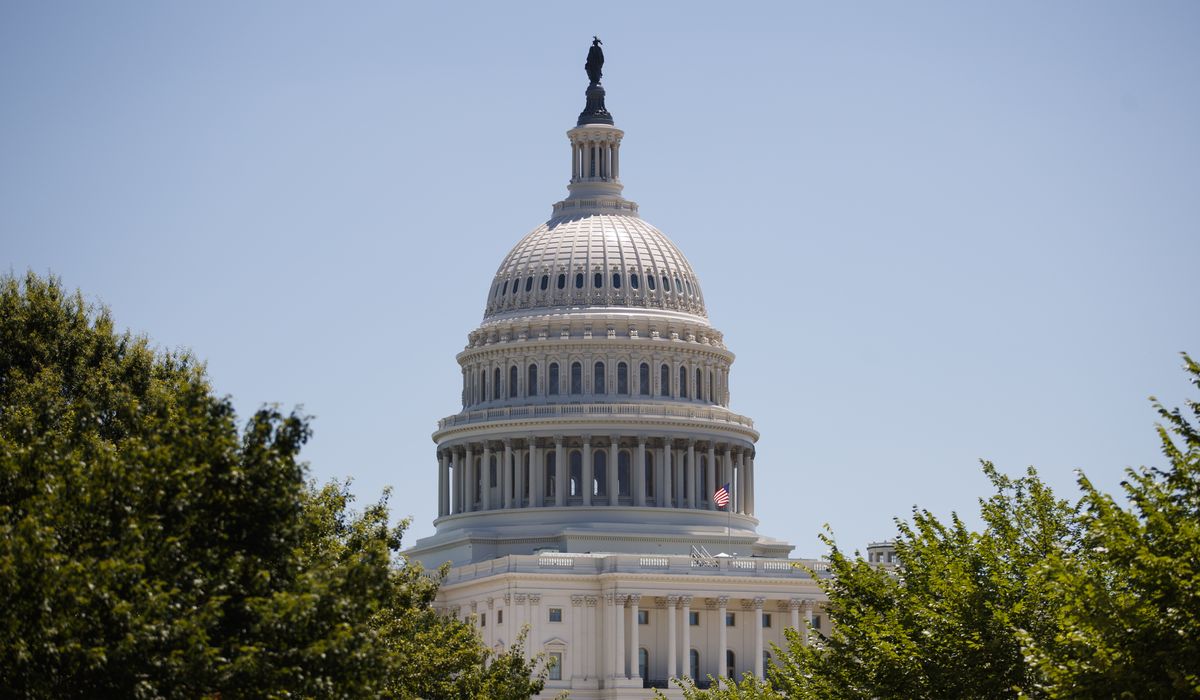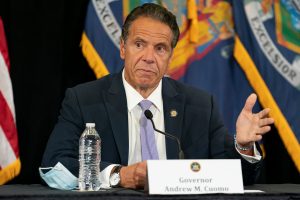A coalition of Democrats and Republicans on Tuesday proposed a bipartisan coronavirus relief package, although Democratic leadership remains cool to any slimmed-down offers.
The Problem Solvers Caucus, a 50-member group split evenly between Democrats and Republicans, put forth a $2 trillion deal, aiming to carve out a middle ground for those dug into partisan positions.
“What brings the 50 of us together — 25 Democrats and 25 Republicans who supported this package — is our shared goal of finding a pragmatic solution. A bipartisan path forward to get negotiators back to the table,” Democrat Rep. Josh Gottheimer of New Jersey, caucus co-chair, said. “We can’t wait. We can’t play political games.”
Rep. Tom Reed, the other co-chair of the coalition, said their goal was to simply prove to leadership on both sides compromise was possible.
“What we wanted to demonstrate is that it can be done,” the New York Republican said.
Their proposal aimed to keep the price tag between the Democrats’ $3 trillion bill and the GOP’s $1 trillion offer in July by shortening the timeframe for programs and reassess around the time of the inauguration in January; $1.5 trillion of this proposal would be new funds.
The framework calls for $100 billion to go toward health care needs, $25 billion of which is dedicated to testing and contract tracing.
It provides $316 billion in personal aid for families, including $25 billion in rental assistance programs through January 2021 and an additional round of $1,200 direct payments. There would also be an extension of student loan forbearance through December 2020.
The group sought to strike a balance between the GOP’s offer of $300 a week of boosted unemployment benefits and the Democrats’ insistence on $600 a week, by setting up an eight-week transition period where states would pay $450 a week. After that, it would payments would be adjusted to 100% of an individual’s previous pay, capped at $600 a week.
It would also inject $240 billion into the expired small business Paycheck Protection Program and allow for some second-round loans to some employers.
Liability protections — one of Republicans’ top priorities — are included for employers following OSHA worker protection guidelines. But they’re balanced out with Democratic priorities — $400 million for election resources and $500 billion in new funds for state and local governments.
However, it’s not going to get any traction in the House, with Democratic leadership essentially giving it a pat on the head.
House Majority Leader Steny H. Hoyer of Maryland and Democratic Caucus Chair Hakeem Jeffries of New York both praised the coalition’s efforts at bipartisanship but said it was ultimately not enough for the Democrats to get behind.
“I think the Problem Solvers are lower than [what] would be a responsible deal,” Mr. Hoyer said. “But I think their ideas are useful, and hopefully, maybe it’ll encourage our Republican friends to come up from believing that the states and locals [governments] … don’t need help. They do need help.”
House Speaker Nancy Pelosi, California Democrat, is trying to keep her caucus in line on her no-skinny bill approach.



















